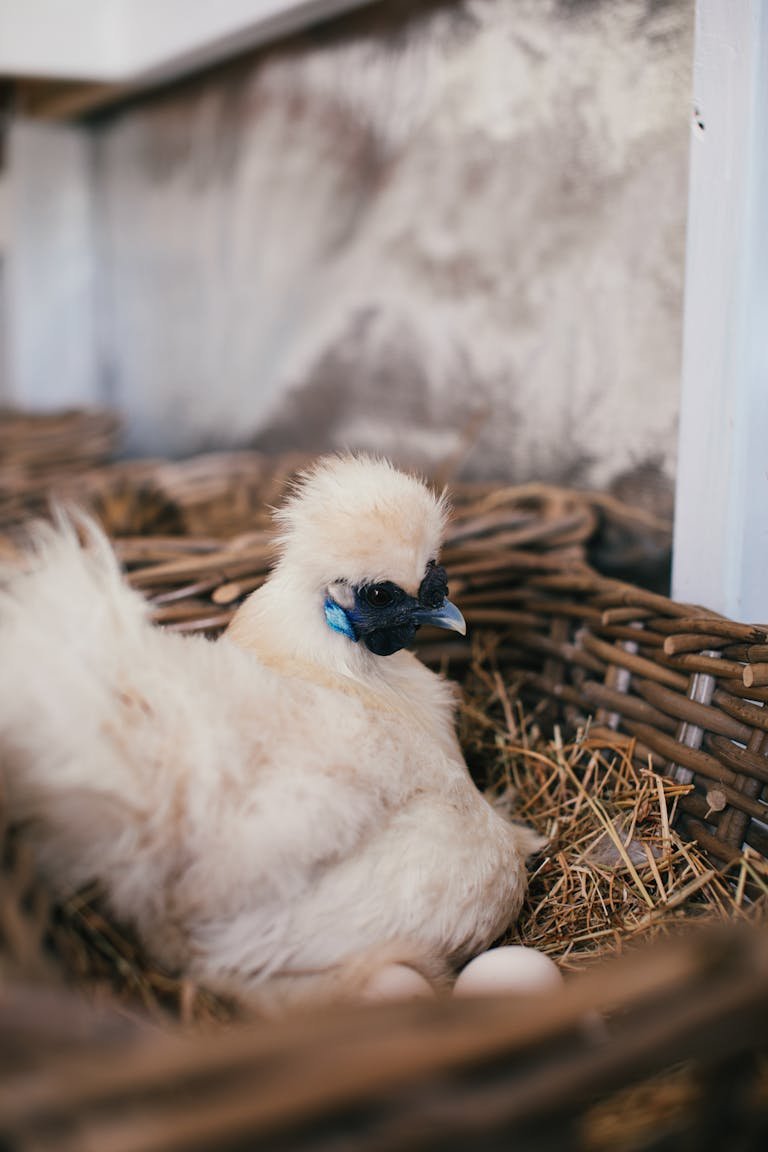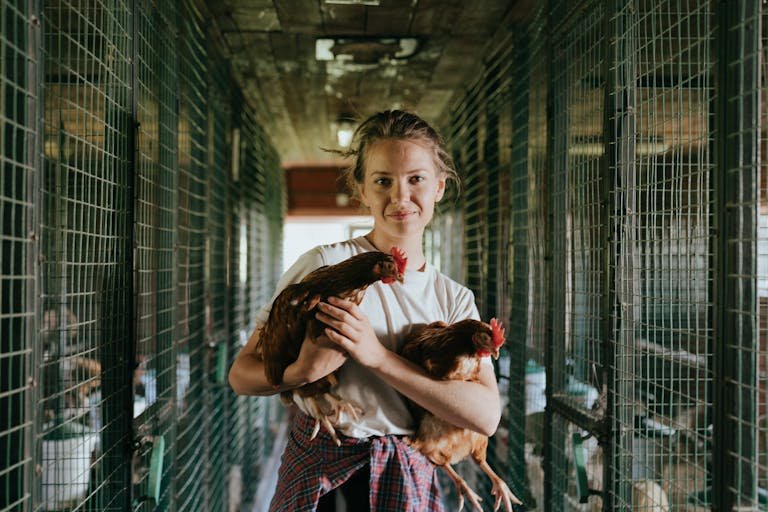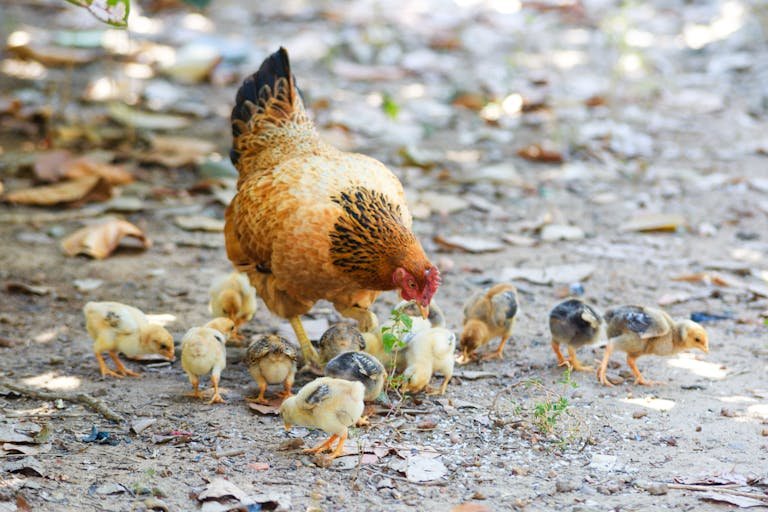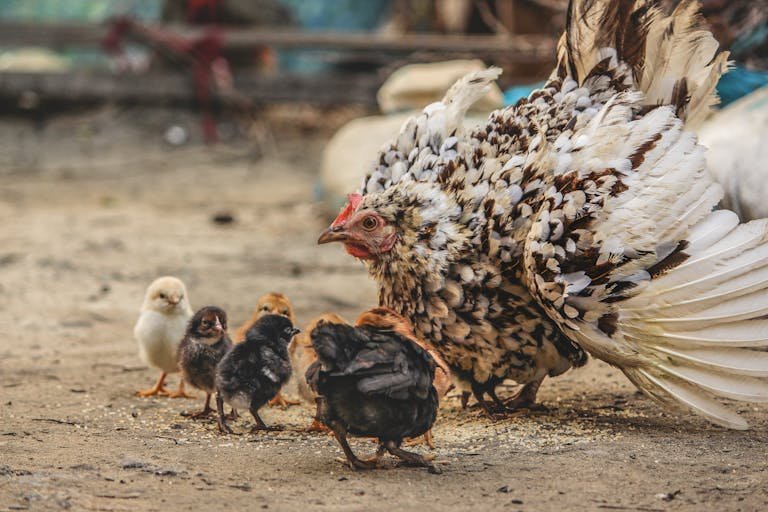Do Chickens Pee and Poop from the Same Hole?
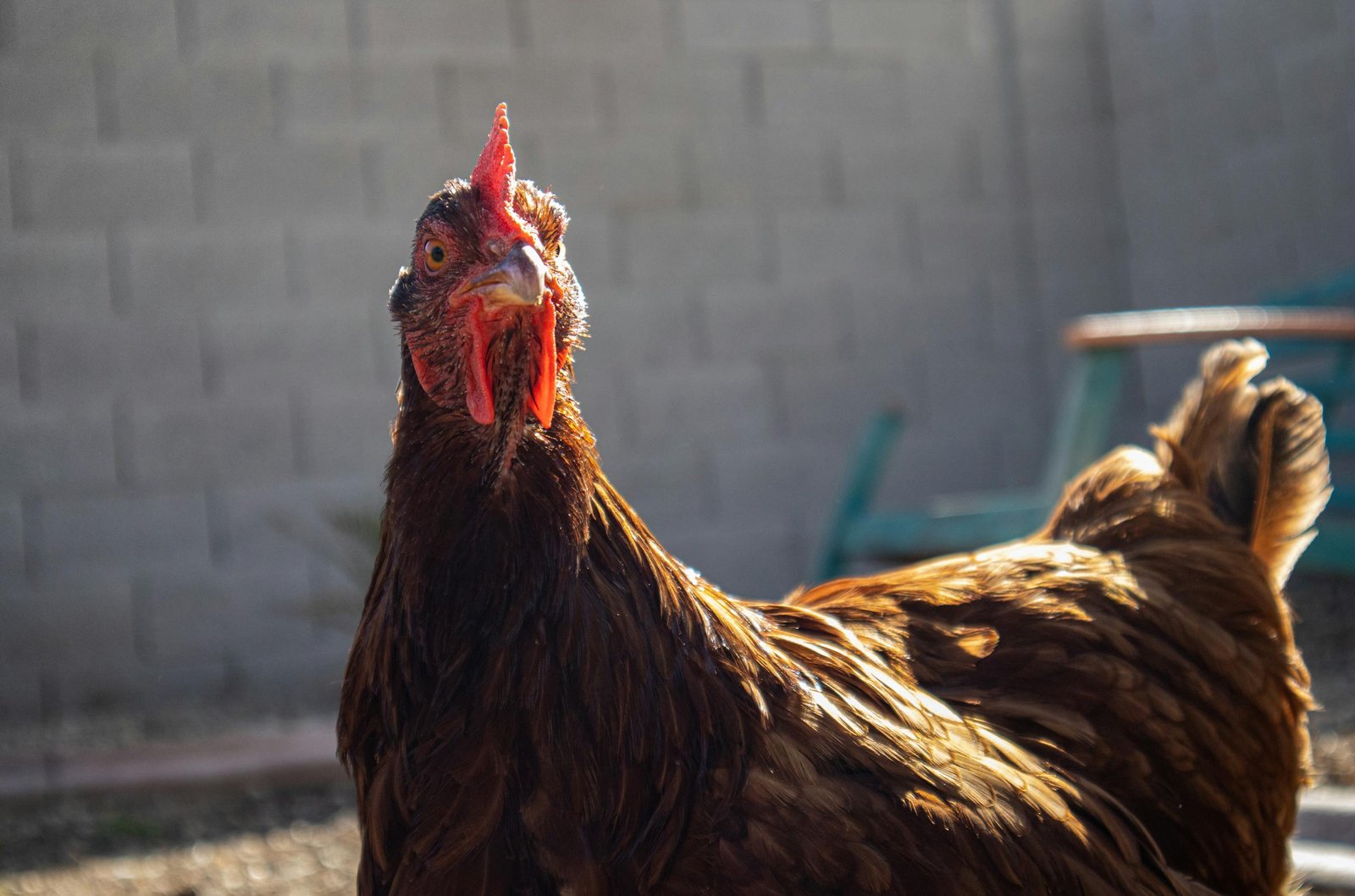
Yes, chickens do pee and poop from the same hole. This unique aspect of their anatomy is both fascinating and practical, reflecting their evolutionary adaptation. This blog will delve into Do Chickens Pee and Poop from the Same Hole? and how can they justify why they emit both urine and feces through an orifice that is known as the cloaca. We will also describe how this system affects chickens’ health and husbandry.
Understanding Chicken Anatomy
The Cloaca: A Multipurpose Opening
Chickens, like all birds, chickens have a vent or cloaca through which they defecate, urinate, and reproduce. The term ‘cloaca’ is a Latin term that translates to ‘sewer,’ which clearly defines its role as a passage for the discharge of waste and reproduction-related activities. The cloaca serves three primary functions:
- Excretion: Urine and feces elimination.
- Reproduction: The process of depositing sperm during copulation.
- Egg Laying: The flow of eggs through hens.
The Digestive and Excretory System
The digestive system in chickens is uncomplicated but effective in breaking down feed and extracting nutrients. It includes:
- Beak: The first point at which ingesting begins.
- Crop: A cooler bag whereby food items are washed.
- Proventriculus: The glandular stomach where the digestion process starts.
- Gizzard: One of the divisions of the stomach that is muscular and responsible for the churning of food.
- Small Intestine: Where nutrients are absorbed.
- Large Intestine: It contains the ceca where the digesting of undigested food by bacterial action takes place.
- Cloaca: The ultimate point of termination of the digestive process.
The excretory system comprises the kidneys where blood is filtered, and instead of urea as seen in mammals, it forms uric acid. This uric acid is then transported to the cloaca where it dissolves in fecal matter before excretion.
The Reproductive System
In addition to waste management, the cloaca proves to be significant in the process of reproduction. In the final stage, the male and female cloacas touch each other in the phenomenon called a cloacal kiss for sperm transfer. In egg-laying hens, the cloaca is the last opening through which eggs pass before they are laid.
The Process of Excretion
Formation of Urine and Feces
Chickens produce a white, pasty substance which is a mixture of uric acid – a form of urine and feces. The kidneys isolate nitrogenous waste in the blood and transform it into uric acid which is not as risky as nitrogenous waste and does not need as much water as nitrogenous waste in its formation as urea. This type of adaptation is essential for birds because water is among the most important aspects of living organisms.
The Role of the Cloaca in Waste Expulsion
The cloaca’s role in waste expulsion is multifaceted:
- Collection: Faecal matter from the large intestine and uric acid from the kidneys are stored in the cloaca.
- Mixing: These substances are then combined in the cloaca, thus explaining the typical white and brown discharge.
- Expulsion: Finally the cloacal muscles pull and push to excrete the waste products. This process is less time-consuming and effective in minimizing water loss.
Frequency of Excretion
Chickens defecate quite often and in large quantities several times in a single day. The exact frequency may vary due to various attributes like diet, age, and health conditions. In any case, healthy chickens ought to poop every 15 to half an hour.
Health Implications of Cloacal Function
Common Cloacal Issues
The chick needs to have a healthy cloaca for its well-being. Some common issues include:
- Prolapse: A disease caused by straining which leads to the cloaca coming out of the body.
- Cloacitis: Inflammation of the cloaca part of the female reproductive system usually due to infections or poor hygiene.
- Parasites: Organs within the body can also cause problems to the cloaca and the excretion process such as worms.
Maintaining Cloacal Health
To ensure the health of their cloaca, chickens need:
- Clean Living Conditions: Proper cleaning of the place often in a bid to reduce incidences of diseases affecting chickens.
- Balanced Diet: Proper nutrition to avoid digestive issues.
- Regular Check-ups: Monitoring for signs of prolapse or inflammation.
- Parasite Control: Hygiene measures include routine deworming and controlling parasitic infections.
The Evolutionary Advantage
Water Conservation
Perhaps one of the most apparent benefits that chickens derive through evolution by excreting uric acid over urea is in the preservation of water. They excrete it in the form of a semi-solid paste that does not need a lot of water to be so hence advantageous in different forms of environments including the desert.
Efficient Waste Management
The production of both urine and feces as one product means that there is only one excretory process to be undergone. Such efficiency can be useful, especially in the wild where fast removal is safer for the surviving members of the group.
Comparison with Other Animals
Birds vs. Mammals
In contrast to mammals, they do not have two separate openings for urine and feces; instead, they have the cloaca as a way of managing both systems. This adaptation is seen in all avian classes showing how effective it is. Mammals excrete urea which demands more volumes of water to be removed therefore there is a need for another system, the urinary system.
Reptiles and Amphibians
Both reptiles and amphibians also possess a cloaca, which is also a fact that separates birds from other classes of animals. However, the details of how they deal with waste differ, with most reptiles providing a more formed uric acid paste.
Practical Implications for Poultry Owners
Waste Management in Coops
Understanding how chickens excrete waste can help poultry owners manage their coops more effectively. Key practices include:
- Regular Cleaning: Regular emptying of baskets to avoid accumulation and bad smells.
- Proper Ventilation: Proper ventilation to minimize condensation as well as ammonia concentrations.
- Litter Management: Installing materials such as straw or wood shavings to improve the dryness of the coop.
Monitoring Chicken Health
Owners of poultry animals should always inspect the cloacal region for some symptoms of diseases. Normal feces should be hard with a white tip of uric acid. Variations in color, texture, and frequency need medical attention, as they may be symptoms of an underlying condition.
Nutrition and Diet
A balanced diet ensures that the digestive and excretory systems are working properly as required. Offering a combination of grains and proteins along with fresh veggies can help in giving the necessary nutrients to the chickens without leading to any stomach upset.
Also Worth Reading: Claw vs Talon: Understanding the Differences
Closing Thoughts
Yes, chickens do urinate and defecate using the same opening and this is one of the many facts that prove that birds are very intelligent creatures. Examining the cloaca, it is possible to determine the complexity and versatility of such an organism as a chicken. To the poultry owners, it is crucial to learn all these changes to manage the chicken coops properly and care for their birds. Chickens also need a proper diet, a fresh environment, and regular checkups for illnesses to stay healthy and produce well.
